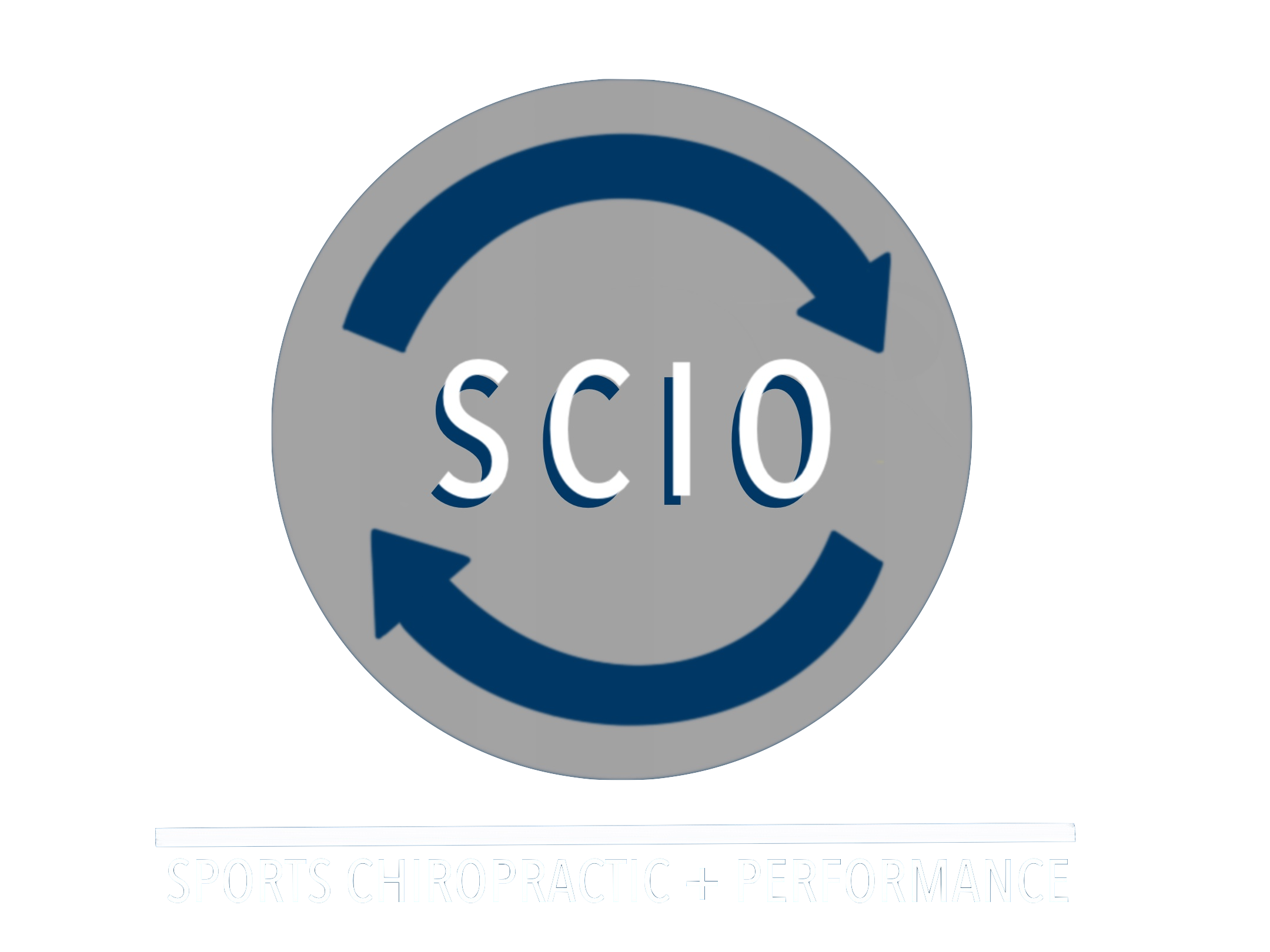People contact us with a myriad of symptoms that frequently include both spinal and extraspinal involvement. Listed below are symptom summaries and commonly found dysfunctions. At SCIO, we are well prepared to deal with commonly associated chiropractic conditions, as well as conditions not typically associated with chiropractors.
Spinal Symptoms
Spinal symptoms can typically be narrowed to 3 specific regions; neck, mid-back, and low back. Sometimes symptoms can feel like they are right on the spine, causing neck stiffness, aching low back pain, or tightness and difficulty breathing. Other times, symptoms can travel elsewhere creating shooting pains, pins and needles, or even numbness. The spine is the anchor for most of the body’s structures - muscles, ligaments, nerves, etc. More often than not, patients present with a combination of these different tissue dysfunctions. Through taking a thorough history and examination, we can best understand and address these dysfunctions through a combination of interventions.
Common diagnoses include, but are not limited to:
Disc bulge/herniation
Sprain/strain
Non-specific low back pain
Whiplash
Text neck
Stenosis
Facet syndrome
Radiculopathy
Spondylolisthesis
Pregnancy related low back pain
Extraspinal Symptoms
Extraspinal symptoms include any complaint located away from the spine. We at SCIO actually specialize in extremity, or extraspinal, conditions. Sometimes patients come in after spraining an ankle going down the stairs or irritating a shoulder when grabbing something off the top shelf. Other times, pain located in regions such as the knee or elbow are presenting due to compensatory patterns - meaning a problem elsewhere. Although we will conduct an in-depth assessment of your primary complaint, we will also take into account global mechanism that may be contributing to the way that you are feeling.
Common diagnoses include, but are not limited to:
Wrist sprain/strain
Tennis elbow
Shin splints
Rotator cuff injuries
Biceps tendonitis
Golfer’s elbow
Jaw pain (TMJ pain)
Plantar fasciitis
Patellar tendonitis
AC joint sprain
Symptoms continued
Aside from musculoskeletal symptoms, we address other symptoms that may be not as straight forward to our patients. In modern healthcare, the biopsychosocial approach is utilized more and more. This approach takes into account three spectrums of factors - biological, psychological, and socio-environmental.
These symptoms can present as the following:
Headaches
General fatigue
Migraines
Post-concussive syndrome
Dizziness
Vertigo


